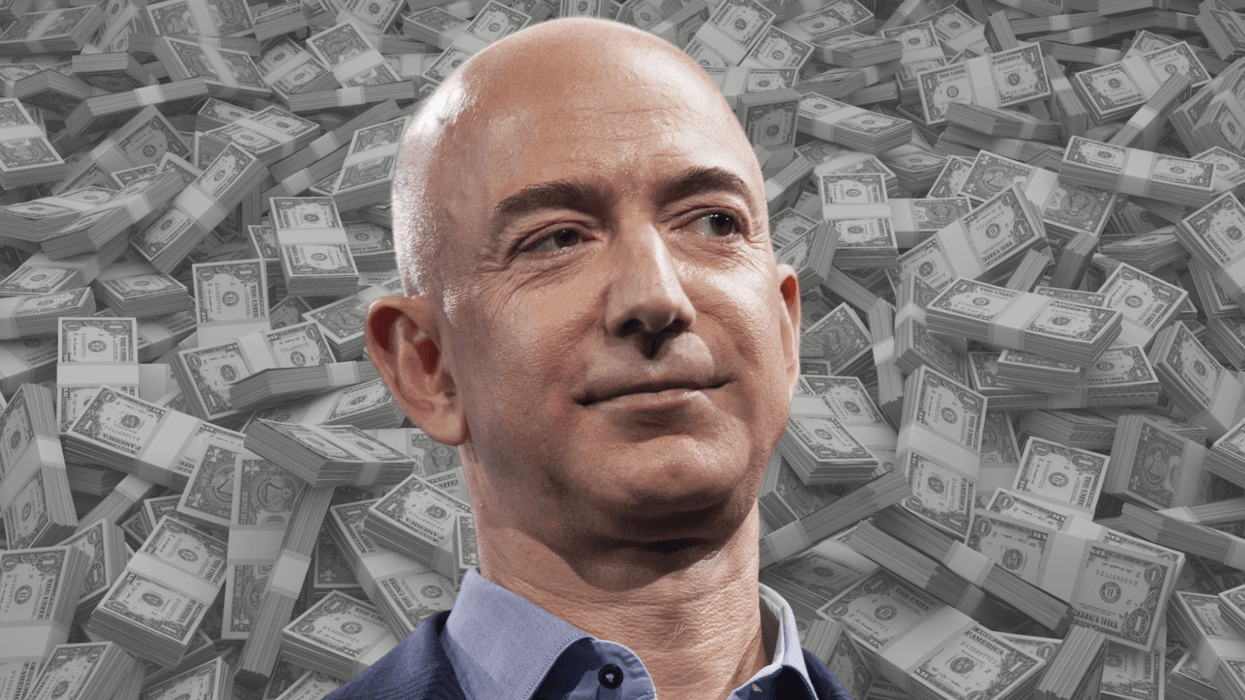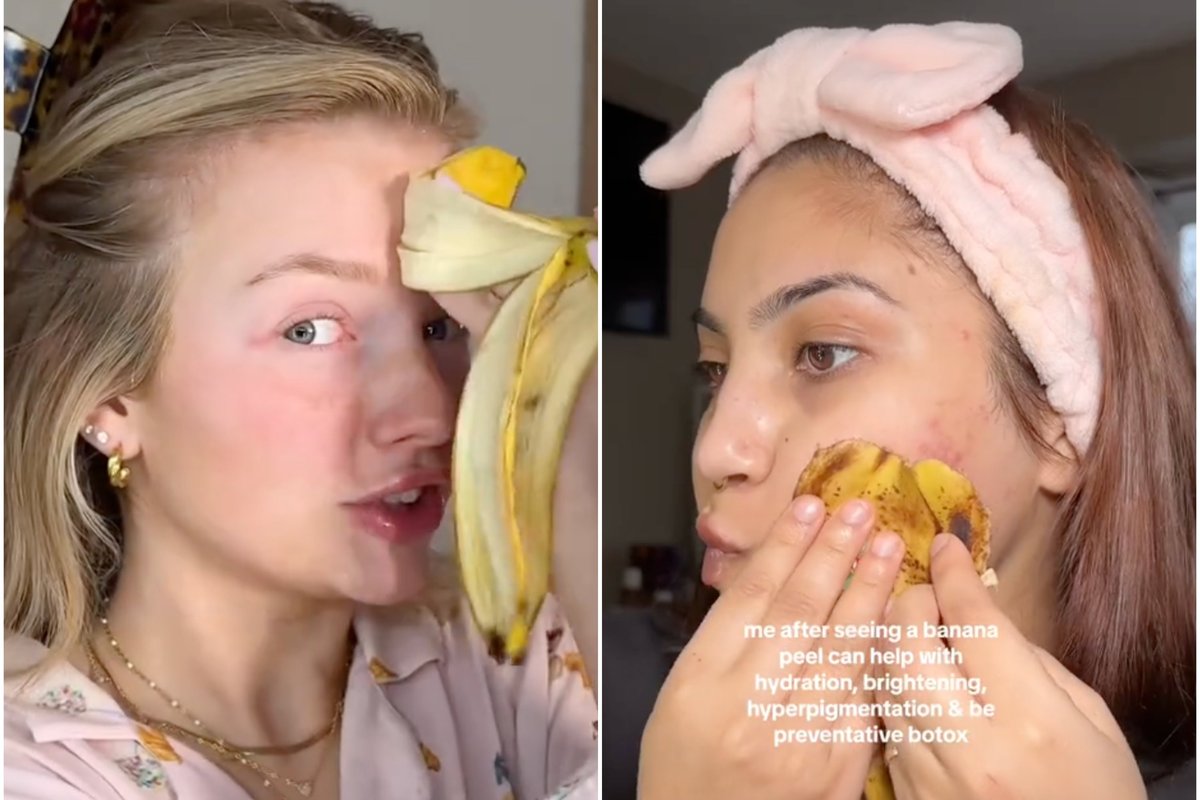News
Moya Lothian-McLean
Apr 30, 2020

Getty/iStock
Coronavirus has shone a spotlight on wealth inequality.
As the economy in the US splutters to a halt, those at the sharp end have been thrown into uncertainty and struggle, as bills mount up.
Questions around why healthcare isn’t free are growing ever more pressing and the likes of Jeff Bezos – whose fortune recently increased to a whopping $138bn, making him the world’s richest man – are being cited as an example of billionaires hoarding more wealth than they could ever need.
And now a simple, but incredible, graphic lays bare just how egregious that inequality really is.
One of the best visualizations of wealth inequality I've seen. We're really bad at imagining huge numbers in our he… https://t.co/Cer4ECYTGL— Philip Cheang 🚀 (@Philip Cheang 🚀) 1588251229
Created by web developer Matt Korostoff, the graphic presents Bezos’s wealth as a scrollable to scale block.
Users scroll and scroll and scroll… and scroll.
Every 10 pixels represents $5m, we’re told.
Along the way, Korostoff provides comparison with the unimaginable amount of wealth that’s zipping past to put into perspective.
LIke the average amount an American citizen will earn in their entire lifetime, which Korostoff says is about $1.7m. It’s a tiny little square in the endless sea of Bezos’ wealth.
Or the annual cost of healthcare for a family of four, which is about one pixel on the graphic.
Apparently this represents about $28,166, which was the annual cost for health insurance for a four-strong family in 2018.
Represented too is the annual pay of an Amazon warehouse worker, another tiny dot.
Workers for Bezos can expect to receive around $24,300 a year.
Over the last few years, Bezos has come under sustained fire for reports of poor working conditions at his warehouses, which have been described as “unsafe” and “gruelling”.
In recent weeks, Amazon workers have announced a 1 May strike due to lack of sufficient measures taken to protect them during the Covid-19 pandemic.
Also appearing on Korostoff’s graphic is how much it would cost to house every homeless veteran and the annual cost of chemotherapy for all cancer patients ($9bn, which we’re told Bezos made in about 40 days in 2018).
And still the scrolling continues.
The graphic compares Bezos’s wealth to that of Beyoncé’s, Goldman Sachs and then individuals who are ‘ordinary’ but earn high salaries, like doctors or lawyers.
“These people may see themselves as fabulously rich, and often oppose policies aimed at reducing inequality”, writes Korostoff.
But many have not fully grasped the enormous gulf between themselves and the super rich.
We can have a world in which wealthy people exist, without handing nearly all money to the super rich.
In 2019, 82 per cent of new global wealth generated went to the existing one per cent of wealthiest people.
That one per cent own more wealth than the rest of the world combined.
The graphic also breaks down things that could be achieved with just three per cent of the combined wealth of the 400 richest Americans ($2.96tn).
Like testing every American citizen for Covid-19.
Or, says Korostoff, with just five per cent of that wealth, $1,200 could be provided to every American household.
Aka, the stimulus check legislation that was just passed could be paid off by a “tax on the super rich so small that they would not even feel it”, rather than deficit spending, which is shouldered by taxpayers in future generations.
That five per cent could also lift every American out of poverty, Korostoff claims.
Then he gets more radical, suggesting what could be done with 85 per cent of the wealth of that group.
His ideas include eliminating all federal taxes for four years on households earning less than $80,000, providing clean water and waste disposal to every human on earth, giving $10,000 to every US household, eradicating malaria and testing every American for coronavirus.
And there would still be $500bn left over, Korostoff says.
Is it really so radical to suggest that this is the right thing to do? Given the choice between millions of deaths, and slightly shrinking the fortunes of a few super rich people, how could anyone conclude that the death of millions is preferable?
And all of them would still be billionaires afterwards.
Serious food for thought.
Top 100
The Conversation (0)













